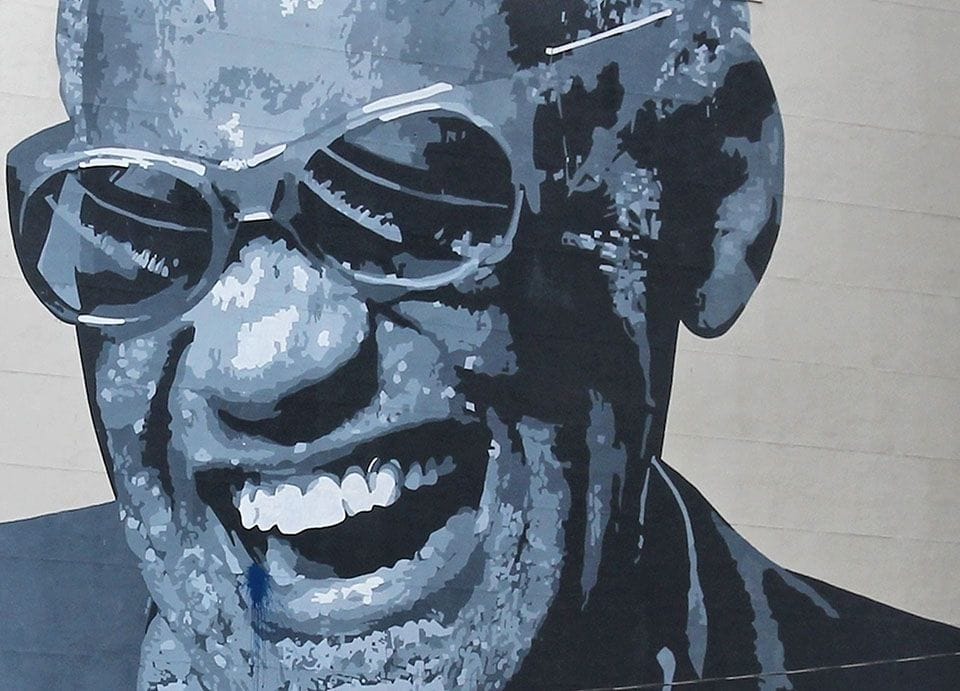The old question of whether a person views the glass as half-full or half-empty could be helpful when it comes to understanding what drives gambling addiction. For gamblers, close situations are rarely viewed as near-victories. Instead, they are seen as frustrating defeats. The gambler is eager to escape the frustrating feelings as soon as possible which means that their frustration over losses could actually fuel their gambling behavior. Were the glass half-full or the gambling activity viewed as a near-victory, then the pleasure experienced would be satisfying. Seen from a gloomier half-empty, frustrating loss vantage point, the negative emotions may drive the gambler to act quickly in a way he/she hopes will achieve a more satisfying result. To prove the point, a recent study attempted to quantify how negative versus positive perceptions of near-wins can drive addiction in gambling. Researchers in the study followed and monitored 122 subjects as they played a game designed to mimic slot machine play. Among the subjects, 37 were admitted at-risk gamblers and another 23 were considered problem gamblers. Just 22 subjects were labeled as non-problem players. While the subjects played the machines, skin sensors were used to detect frustration levels. By measuring electrical activity in the skin, researchers were able to determine how frustrated a player was by his/her gambling experience. The researchers also noted how long a player waited between one attempt and the next. The study noted pauses after a win, a near-win and losses all of various monetary values. Their study showed that as players experienced larger wins, they also paused longer before making another gambling attempt. Gamblers who experienced a major value (jackpot) near-win, showed high levels of frustration and spent less time pausing between one attempt and the next. The greater the perceived loss, the higher the frustration level and the more rapid play ensued. When the losses were of smaller value, the frustration measured was not as high and the next spin did not occur quite as rapidly. It is suggested that the larger near-wins stimulate a reward mechanism in the brain which leads the player to expect that the next spin will achieve the just-missed victory. Whether the player makes rapid spins in an effort to escape the negative emotions associated with frustration and loss or whether we are wired to anticipate that a near-win heralds a certain-win to come, the outcome is the same. Players in this situation make rapid decisions to continue playing. In this way it is the near-victory which drives the behavior even more strongly perhaps that does outright winning. How to help gamblers view the situation as a pleasurable near-win rather than a frustrating defeat could hold an answer for bypassing addiction altogether.
Call for Immediate Help:1.844.876.7680


